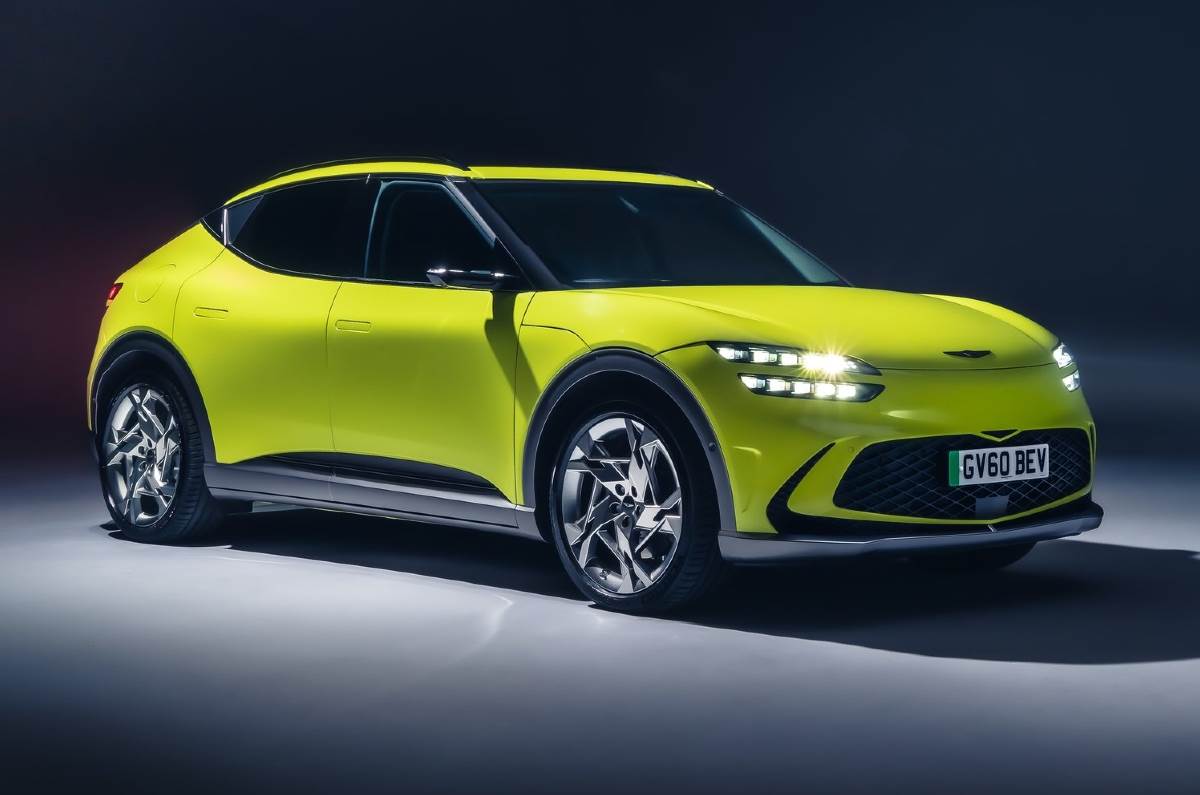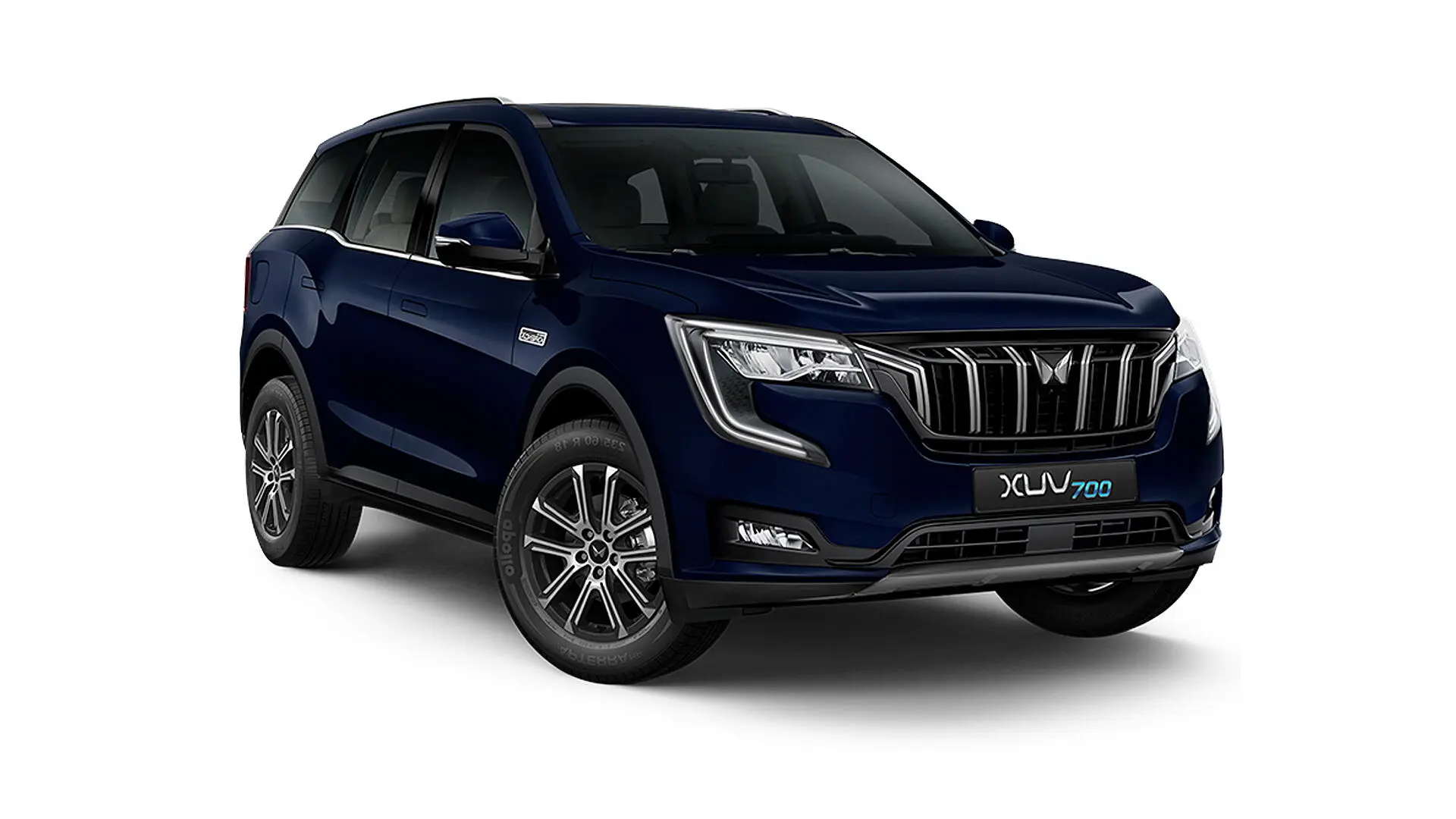EV Push: Hyundai plans ₹700 crore battery plant by ’25

EV Push: Hyundai plans ₹700 crore battery plant by ’25
Hyundai Motor India is strategically focusing on the localization of battery packs as a crucial factor in reducing the prices of its electric vehicles (EVs) in the country. This emphasis on localization is driven by the recognition that affordability is a significant barrier to the widespread adoption of electric vehicles. By bringing the manufacturing and production of battery packs closer to home, Hyundai aims to address cost-related concerns and make electric vehicles more accessible to the Indian market.
This move aligns with a broader global trend where automakers are exploring ways to enhance the affordability and accessibility of electric vehicles. Localizing the production of critical components, such as battery packs, not only reduces manufacturing costs but also helps in meeting the specific needs and demands of the local market.
Hyundai’s commitment to the localization of battery packs in India demonstrates its long-term vision for the electric vehicle segment in the country. Overcoming challenges related to cost and infrastructure is pivotal for accelerating the adoption of electric vehicles, and initiatives like this contribute to the sustainable growth of the EV market in India.
The success of Hyundai’s strategy will likely depend on its ability to establish a robust ecosystem for battery production, sourcing raw materials locally, and collaborating with key stakeholders. As the automotive industry undergoes a significant transformation toward electrification, initiatives focused on localizing critical components play a vital role in shaping the future of sustainable mobility in India.
Tarun Garg, the Chief Operating Officer of Hyundai Motor India Ltd, emphasized the importance of cost reduction for electric vehicle (EV) adoption in the Indian market. He noted that the current penetration of EVs in India is less than 2%, but there is potential for significant growth if affordability challenges are addressed. Garg highlighted the role of localization, particularly in battery pack production, as a key strategy to bring down the costs of EVs.
According to Garg, achieving a 20-22% penetration of EVs in the Indian market by 2030 is a realistic goal. This projection aligns with the government’s target of 30% EV penetration by 2030, demonstrating Hyundai’s commitment to contributing to the country’s electric mobility objectives. The company aims to play a pivotal role in driving the adoption of electric vehicles by making them more accessible to a broader segment of the Indian population.
The success of Hyundai’s vision hinges on effective localization efforts, collaboration with local partners, and adapting to the evolving dynamics of the Indian automotive market. As the automotive industry navigates the transition to electric mobility, strategies focused on cost reduction, localization, and market-specific considerations will be instrumental in shaping the future landscape of sustainable transportation in India.
Gopala Krishnan, Chief Manufacturing Officer at Hyundai Motor India Ltd (HMIL), disclosed that the company is investing ₹700 crore in setting up a battery assembly plant in Chennai, Tamil Nadu. The facility is planned to have an initial capacity of 75,000 battery packs annually, with this phase expected to be completed by 2025.
This investment underscores Hyundai’s commitment to localizing critical components, particularly battery packs, as part of its strategy to drive down the costs of electric vehicles (EVs) in the Indian market. By establishing a dedicated battery assembly plant, Hyundai aims to strengthen its position in the evolving landscape of electric mobility in India.
The move aligns with the broader industry trend of automakers investing in local manufacturing and production capabilities for electric vehicle components. This approach not only contributes to cost reduction but also enhances the overall sustainability and resilience of the supply chain for electric vehicles.
Hyundai’s significant investment in the battery assembly plant reflects its long-term vision for the electric vehicle segment in India and its commitment to supporting the country’s ambitious targets for EV adoption. The success of such initiatives will play a crucial role in shaping the future of electric mobility and sustainable transportation in the Indian automotive industry.
Unsoo Kim, the Chief Executive of Hyundai Motor India, expressed his perspective on the current state of the electric vehicle (EV) market, describing it as a temporary phenomenon. Kim attributed the slowdown in the EV market to external factors, particularly the Ukraine-Russia war, which has diverted the attention of European countries from their focus on reducing carbon dioxide emissions.
According to Kim, the conflict in Ukraine has hindered the ability of European countries to allocate resources and prioritize initiatives related to carbon reduction. While acknowledging the current challenges, he emphasized that this situation is temporary and anticipates a rebound in the EV market once global conditions stabilize.
This viewpoint aligns with the notion that geopolitical events and external factors can have a significant impact on the trajectory of the electric vehicle industry. Kim’s optimism suggests a belief in the resilience and long-term potential of the EV market, contingent on the resolution of current geopolitical challenges and a renewed focus on sustainability and carbon reduction goals by nations around the world.
In the Indian context, the adoption of electric vehicles (EVs) is anticipated to be driven by a combination of government initiatives and efforts from original equipment manufacturers (OEMs). The introduction of schemes like the production-linked incentive (PLI) for automobiles, the ₹18,000 crore advanced chemistry cell (ACC) battery PLI scheme, and the expansion of charging infrastructure are expected to play crucial roles in accelerating EV adoption.
Automakers such as Hyundai, Maruti Suzuki, Tata Motors, and Mahindra & Mahindra are expected to contribute significantly to the growth of the EV market in India. These companies are gearing up to enhance their EV offerings and leverage the government’s incentives and support to make electric vehicles more accessible to consumers.
Hyundai, in particular, has set its sights on introducing a made-in-India EV targeted at the mass-premium market by 2025. This aligns with the company’s commitment to being a key player in India’s electric mobility journey and meeting the evolving needs and preferences of Indian consumers.
The convergence of favorable government policies, incentives, and proactive initiatives by automakers is expected to create a conducive environment for the expansion of the electric vehicle market in India. The coming years are likely to witness a surge in EV models, increased consumer awareness, and a growing ecosystem that supports the widespread adoption of electric vehicles across the country.




